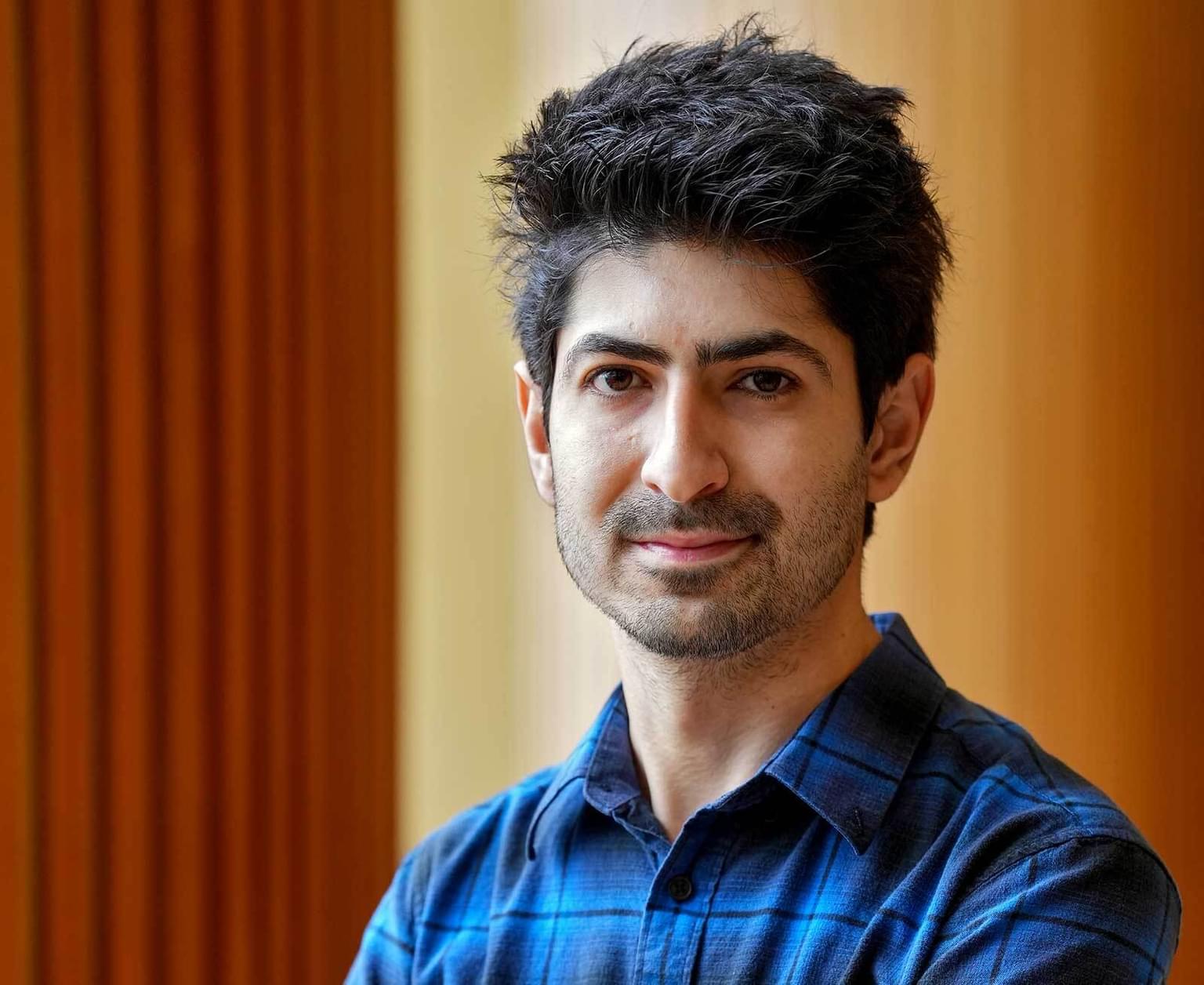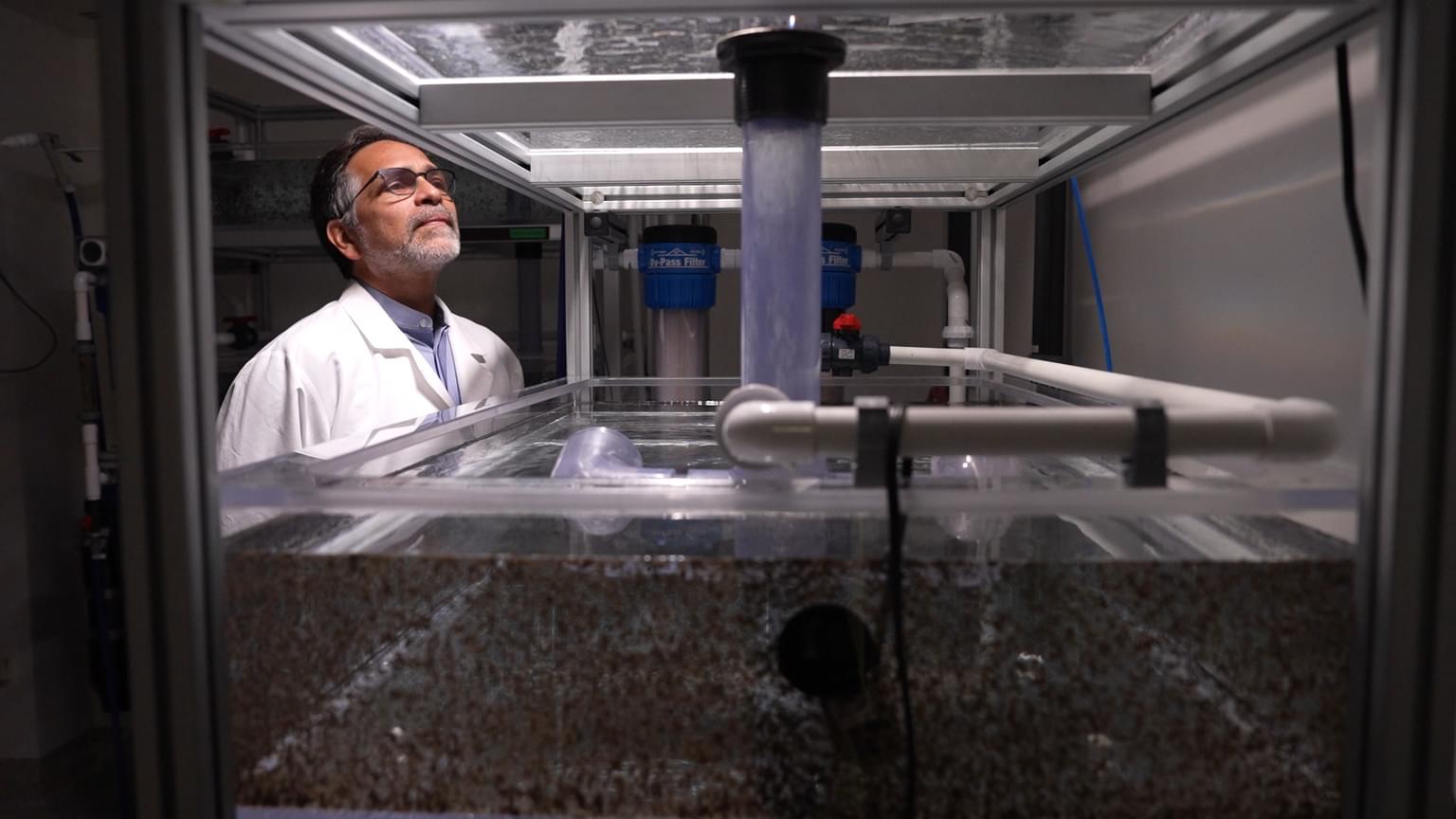News

03 April 2025
Does a cell’s “type” define its function?
A recent article co-authored by Stowers Investigator reviews current neurobiology research to highlight and foster scientific discussion.
Read Article
By Jessica Johns Pool
During his graduate training, Camahort had an inkling a professorship was not in his future and he started to explore possible careers outside of academia. While enrolled in the doctoral program at the University of Kansas and completing degree requirements in the lab of Jennifer Gerton, PhD, he interned at the Kansas City Police Department Crime Lab. As he recalls, DNA testing was not nearly as thrilling as portrayed on the television show CSI: Crime Scene Investigation.
After completing the PhD program, Camahort moved to Harvard University to pursue postdoctoral training. During this time, he was a teaching fellow for a couple of semesters, and although he enjoyed teaching, Camahort felt he still hadn’t found his niche.
While completing a National Institutes of Health postdoctoral fellowship in medicine at Harvard, Camahort did an internship in embryology at the Fertility Center of New England, and an internship in business development at Partners HealthCare Research Ventures and Licensing, which commercializes inventions and treatments developed in labs at Brigham and Women’s Hospital and Massachusetts General Hospital. The business development internship gave Camahort a window into the commercial side of science and it intrigued him.
“Moving out of academia and into the commercial side of science isn’t unusual in the Boston area,” says Camahort. “At the Stowers Institute, I was frequently thinking outside the academic box. All of those internships helped me hone what I really liked about a career in science.”
Camahort joined Novo Ventures (US) Inc., a life sciences venture capital firm in Cambridge, Massachusetts, in 2015. Now, he uses his ten-plus years of combined research and business development experience to assess the potential of companies bringing new drugs or medical devices to the market.
“I perform diligence for new investments for companies trying to raise money for clinical trials or to launch a new treatment,” says Camahort. “I read more papers now than I ever did as a predoc or postdoc. In a nutshell, when you’re in a lab, you are digging deeply into one topic. Now it’s much more broad. I dig into many things.”
Camahort stays in touch with his former colleagues at the Institute including his mentor, Investigator Jennifer Gerton, PhD, and Stowers alumni who pass through Boston. In fact, he recently helped a former Stowers colleague move into a new Boston-area home.
Camahort credits the Institute with deepening his love of science and his desire to stay in the field, even if he didn’t remain in basic science research.
“The Stowers Institute doesn’t put any limits on your creativity or your scientific pursuit,” recalls Camahort. “They have the resources to allow you to do what it takes for top-notch work. That kind of freedom and the collaborative environment is unique.”
For young scientists just beginning their career journey, Camahort recommends they consider career options outside the research lab. “Every day I use what I learned in the lab. The scientific context of my work now is translational and commercial, rather than basic discovery, but it’s just as interesting.”
News

03 April 2025
A recent article co-authored by Stowers Investigator reviews current neurobiology research to highlight and foster scientific discussion.
Read Article
News

01 April 2025
Brown, who held key leadership roles for both organizations, passed away March 27, 2025.
Read Article
Press Release

27 March 2025
Alejandro Sánchez Alvarado, Ph.D., receives recognition as a leader and expert in regenerative biology and its potential to transform human health.
Read Article
